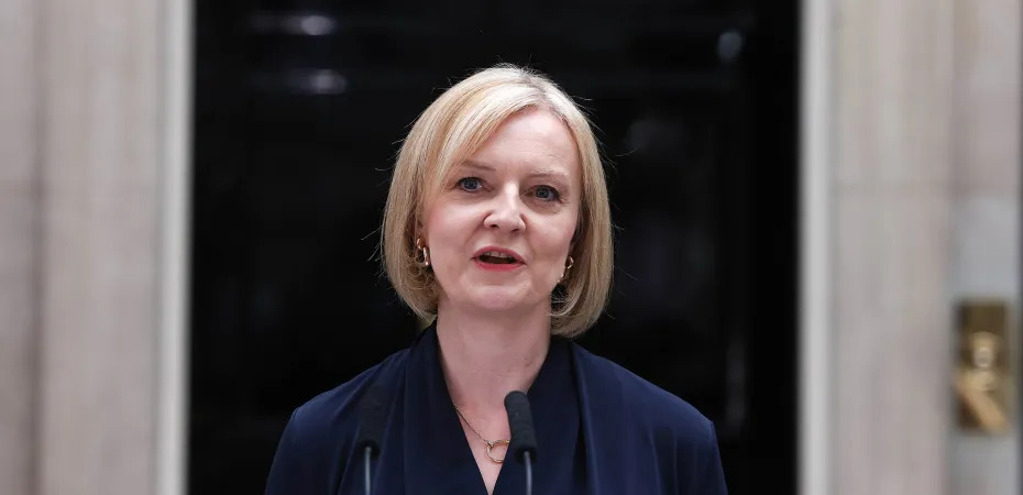CANADA: POILIEVRE’S SOCIAL MEDIA TAKEOVER
Newly elected Leader of the Opposition, Pierre Poilievre, has been engaging in heated back-and-forths with liberal caucus members in the House of Commons for the past month. The populist politician has been playing to reactionary ears with adversarial scapegoats and empty promises of improving the working class’ well-being while actually being on the side of corporate power.
Lately, Poilievre’s popularity has managed to seep into social media, especially YouTube Shorts, where videos with titles like “Pierre Poilievre DESTROYS Liberal” or “Trudeau gets OWNED!” are garnering lots of views; the Trudeau short having netted over a million views.
The issue used to be that no one actually paid attention to Canadian politics, including Canadians, who were always more drawn in by whatever was going on south of the border. However, these House of Commons clashes becoming popular is nothing to celebrate as it’s contributing to the broader conservative “gotcha” genre on social media.
U.S.A.: TULSI GABBARD LEAVES THE DEMOCRATIC PARTY BECAUSE OF TOO MUCH “WOKENESS”
Former member of congress and democrat candidate for the 2020 presidential election, Tulsi Gabbard has openly left the Democratic Party citing transgender issues and abortion rights as constructions of an “elitist cabal of warmongers driven by cowardly wokeness.”
Gabbard recently went on The Joe Rogan Experience to go into depth on why she “left” the left. The former congress member mentioned that the party no longer works for the people like it did in its heyday alongside people like Martin Luther King Jr. Gabbard speaks in vague generalities but her behaviour is clear: from hopping to Bernie’s campaign in the 2016 primaries, to Biden’s in the 2020 election, to cozying up to Republicans in this latest move—what’s obvious is that Gabbard has an incoherent worldview and is most concerned about where she can find new supporters.
Tulsi Gabbard doesn’t care about the people as much as she does her political relevance.
INTERNATIONAL: IS THE UK’S LIZ TRUSS JUST ANOTHER MARGARET THATCHER?
UK Prime Minister Liz Truss’s ascendancy to the executive branch early in September has already been disastrous as her popularity is already lower than Boris Johnson’s worst ratings ever were.
A few weeks back, Truss put forward a mini-budget that amounted to a cut of 45 billion pounds of corporate taxes with no plan on reimbursement. This announcement sent the pound’s value crashing down relative to the US dollar. Truss quickly abandoned the plan after receiving backlash from both sides of the political aisle. Now, her credibility is on the line as many conservatives feel she isn’t the right person for the job.
Truss’s unabashed bailout for the wealthy is reminiscent of the neoliberal policies that former UK prime minister Margaret Thatcher ushered in decades ago. Though she stayed in power for a long time, Thatcher’s tax policies were met with serious public discontent as the poll tax riots late in her term demonstrated.
Is Truss just a Thatcher wannabe? More importantly, if she is, can the UK afford more corporate bailouts and pressure on the working class as institutions like the International Monetary Fund are warning about the possibilities of a global recession?
THEORETICAL CONSIDERATIONS: A GREAT LIBERAL THOUGHT EXPERIMENT
As the least advantaged populations are impacted the most in the array of ongoing global issues, it’s worth highlighting one of the most lauded and simple thought experiments on societal justness which comes from liberal philosopher John Rawls.
Original position, or the veil of ignorance, is a way of conceptualizing how just societies should be thought of. Imagine you are placed behind a wall that doesn’t allow you to see who, what, or where you are inside of society. This includes attributes like race, class, abilities, positions of power and any other kind of identifier other than a baseline of being a human being. Rawls posits that if decisions about society were made from behind this wall that causes individuals to never be certain about the concert of characteristics they may have in the society they are crafting, more just policies and practices would be enacted to combat against drawing a “short stick.”
Of course, this is a thought experiment and not likely to be adopted by major political institutions. Nevertheless, it’s a useful heuristic device for thinking through how to construct a just society.

